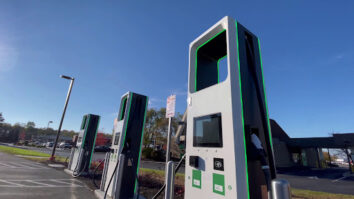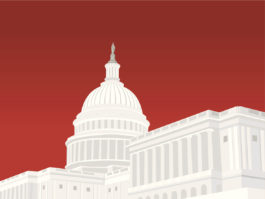The IRS has issued Revenue Ruling 2020-27, which sets forth the IRS’s position on the timing of the disallowance of deductions related to Paycheck Protection Program (PPP) loan forgiveness. The Revenue Ruling addresses the question of whether or not a taxpayer that received a PPP loan and paid or incurred certain otherwise deductible expenses specified in the CARES Act that will enable the loan to be forgiven, may deduct those expenses in the taxable year in which the expenses were paid or incurred if, at the end of such taxable year, the taxpayer reasonably expects to receive forgiveness of the covered loan.
The Revenue Ruling puts forth two situations for consideration.
In each of the situations, the taxpayer computes taxable income on the basis of the calendar year for federal income tax purposes and received a PPP loan from a private lender in 2020.
In the first situation, during the covered period beginning on February 15, 2020, and ending on December 31, 2020, the taxpayer paid expenses described in the CARES Act as eligible expenses, such as qualified payroll costs, interest on a qualified mortgage, qualified utility payments, and qualified rent. In November 2020, the taxpayer applied to the lender for forgiveness of the PPP loan based on the eligible expenses paid during the covered period. At that time, the taxpayer satisfied all requirements for forgiveness. The lender does not inform the taxpayer whether the loan will be forgiven before the end of 2020.
In the second situation, during the same covered period, the taxpayer paid the same types of eligible expenses as in the first situation. However, in this situation, the taxpayer does not apply for forgiveness of the PPP loan before the end of 2020. The taxpayer again satisfied all requirements for loan forgiveness. The taxpayer expects to apply to the lender for forgiveness of the PPP loan in 2021.
Where does the IRS’s position stand?
The Revenue Ruling focuses on the fact that there is a reasonable expectation of reimbursement in the case of PPP loan forgiveness when the taxpayer satisfies all requirements for PPP loan forgiveness under the CARES Act. The IRS’s position is that forgiveness of the PPP loan is foreseeable at the end of 2020, whether or not the actual application for forgiveness has been made or approved.
Revenue Ruling 2020-27 concludes that a taxpayer who received a PPP loan and paid or incurred certain otherwise deductible expenses that will enable the PPP loan to be forgiven may not deduct those expenses in the taxable year in which the expenses were paid or incurred if, at the end of such taxable year, the taxpayer reasonably expects to receive forgiveness of the PPP loan on the basis of those expenses. The revenue ruling goes on to explicitly state those expenses are not deductible in the taxable year in which the expenses were paid or incurred even if the taxpayer expects to, but has not yet, submitted an application for forgiveness of the PPP loan by the end of the taxable year.
Contact ARB
Contact us today for more information, and visit our COVID-19 Financial Resource and Tax Center for information on related matters.
by Daniel Doiron, CPA, CVA






